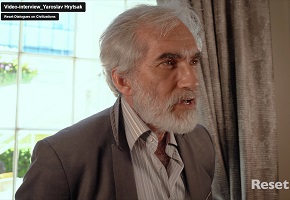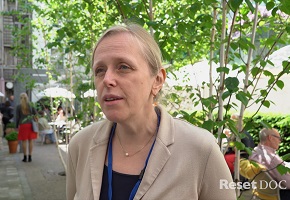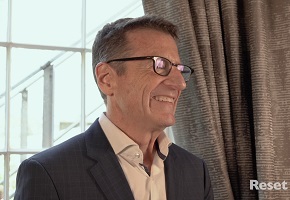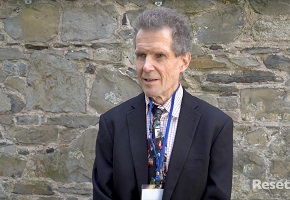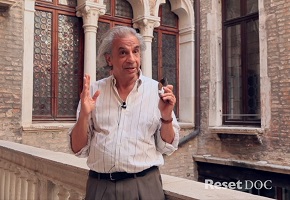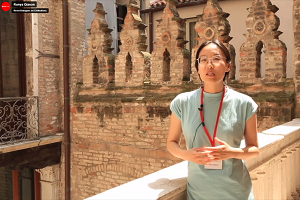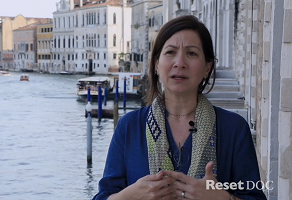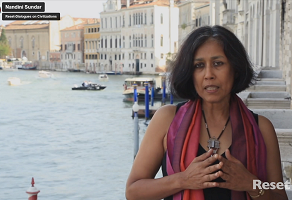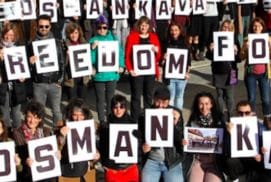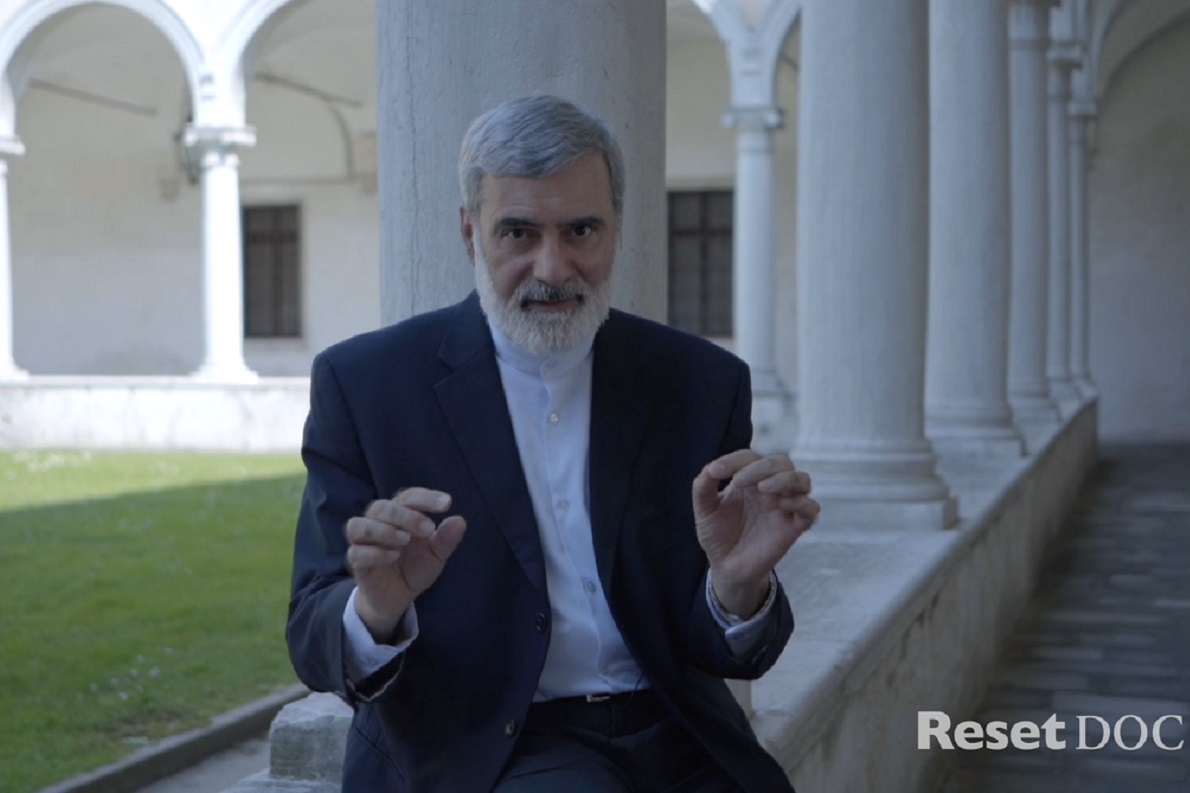
Videos

- Yaroslav Hrytsak 11 March 2024Post-Soviet Ukraine has been considered a classic case of a “cleft country” torn between the agrarian Ukrainian-speaking West and the industrial Russian-speaking East. The Russian-Ukrainian war has revealed that despite strong regional divisions, Ukraine proved to be a very resilient political community, which led to the emergence of “the third Ukraine.” It is a Ukraine of neither the West nor the East, but of the Center, meant both in regional and political terms, as highlighted by Professor Yaroslav Hrytsak (Ukrainian Catholic University, Lviv).
- Anna Colin Lebedev 23 February 2024How can a war between two communities start without those two communities being involved in a conflict that preexists the war? And how is it that these communities eventually make sense of the conflict as something that is deeply socially rooted? Anna Colin Lebedev, Professor of Sociology at the Université Paris Nanterre, gives her assessment of the social roots of the war between Russia and Ukraine.
- Pieter Judson 23 January 2024“Most empires, but also most nation states are multicultural. The problem with the nation state is that it claims to be the state of one group. But all nation states include many groups. So we must ask the question, how are the minority groups treated? Do they have full citizenship? Often they do not.” From ResetDOC’s latest video-interview to Pieter Judson, Professor of 19th and 20th century history at the European University Institute. It was shot on the margins of Reset DOC’s Dublin Conference 2023, “Nationalism, Nation-Building, and the Decline of Empires.”
- Mark Kramer 5 January 2024What was the parable that led Soviet internationalism to Putin’s personalist nationalism? How can we imagine a post-Putin Russia? Mark Kramer (Davis Center, Harvard University) answers to these questions in this video-interview shot on the margins of Reset DOC’s Dublin Conference 2023, “Nationalism, Nation-Building, and the Decline of Empires.”
- Akeel Bilgrami 3 April 2023Is the State back on the public scene after the Covid-19 pandemic? An historical perspective by Akeel Bilgrami in this video-interview shot on the margins of Reset DOC’s 2022 Venice Seminars, “Between State and Civil Society: Who Protects Individual Liberties and Human Dignity?”
- Runya Qiaoan 27 October 2022How can the relationship between the State and civil society be undestood in a Chinese perspective? Runya Qiaoan gives her assessment in this video-interview shot on the margins of Reset DOC’s 2022 Venice Seminars, “Between State and Civil Society: Who Protects Individual Liberties and Human Dignity?”
- Mona Harb 29 September 2022Lebanon’s unique power-sharing system used to be celebrated as a model of effective democracy in a highly diverse context. That is no longer the case. Prof. Mona Harb (AUB) explains why in the second part of this video-interview shot on the margins of Reset DOC’s 2022 Venice Seminars, “Between State and Civil Society: Who Protects Individual Liberties and Human Dignity?”
- Mona Harb 6 September 2022In Lebanon, the pandemic was used by sectarian political groups as a pretext to reassert their dominance over the country – says prof. Mona Harb (AUB)
- Nandini Sundar 3 August 2022Citizens who are member of societal, ethnic or religious minorities are per se more vulnerable than the rest of a country’s population. That should be the case in India, too. Yet rather than being protected by the State, many of them are facing increasing hurdles, if not outright harassment through public measures. Prof. Nandini Sundar explains how.
- 22 October 2021A recent webinar held for the launch of the Transatlantic Platform for Democracy in Turkey sheds light on the case that has fuelled new diplomatic tension between Turkey and Western countries.


